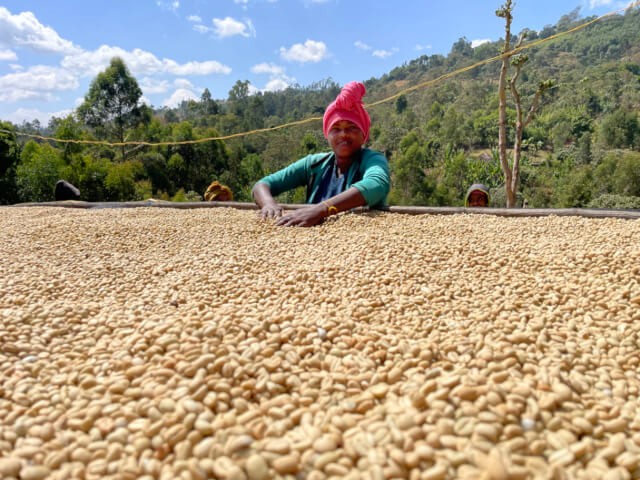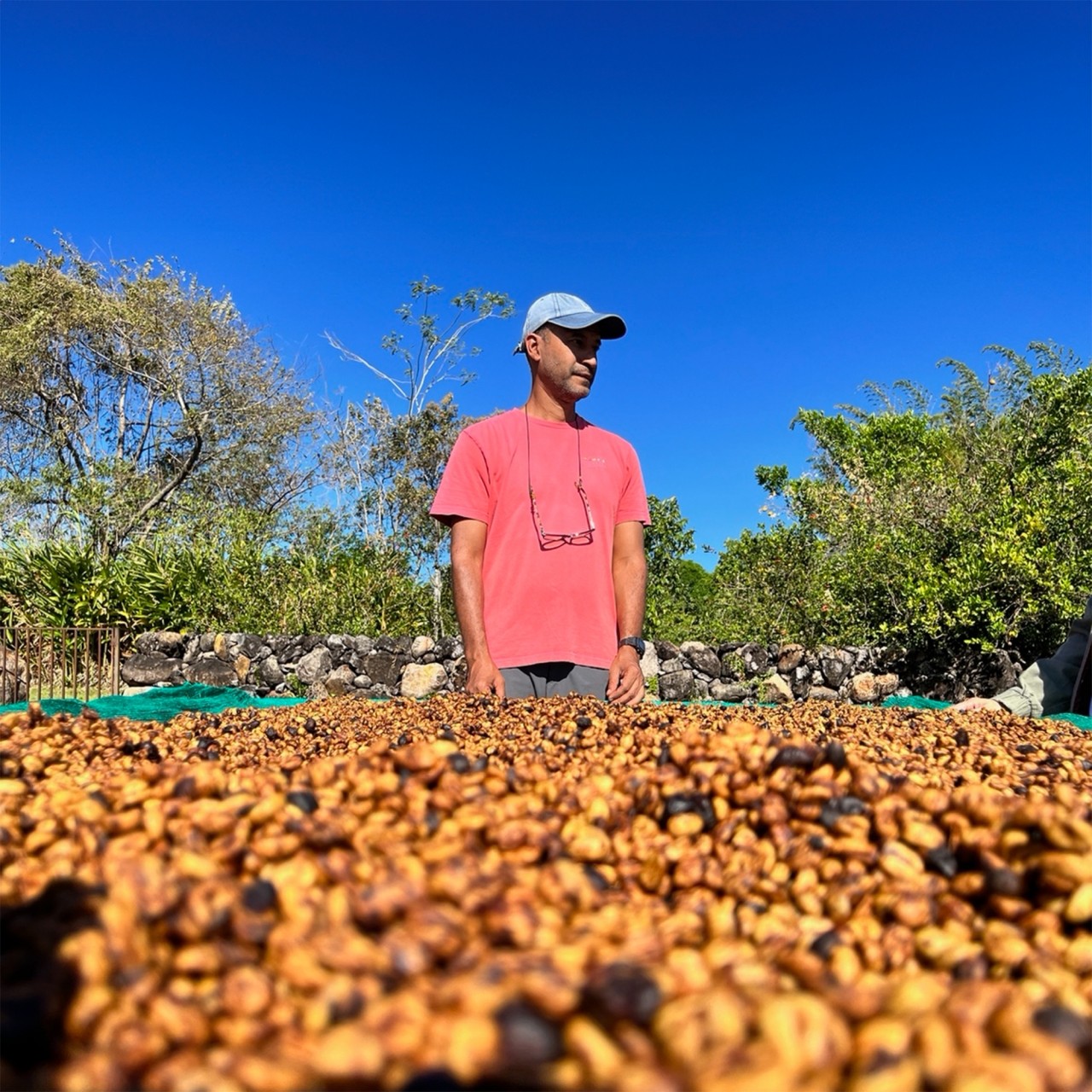Is Ethiopian coffee in crisis due to new EU regulations? [World Coffee News]

The environment surrounding small-scale coffee farmers in countries such as Ethiopia is rapidly changing. Due to the new European Union (EU) regulation ` `EUDR (Deforestation Prevention Regulation)'' scheduled to come into force in 2024, some major coffee companies are moving to refrain from sourcing from developing countries such as Ethiopia.
What is the European Deforestation Prevention Regulation/EUDR?
The EUDR requires companies that import and sell seven regulated products into the EU: coffee, cocoa beans, soybeans, palm oil, wood, rubber, and cattle, as well as their derivative products (products using them). It imposes an obligation to prove that the products are not produced on land where deforestation has occurred (deforestation-free).
If the company cannot prove it, it could face hefty fines. Therefore, companies need to be able to digitally trace their supply chains to the point of production, and ensuring chain traceability has become a major issue.
This regulation will apply to large companies from December 30, 2024, and to small and medium-sized enterprises from June 30, 2025.
Global coffee company response and impact on smallholder farmers
In fact, one major German coffee brand reportedly said, ``We have no plans to purchase large amounts of Ethiopian coffee in the future.'' Other major coffee companies have also voiced concerns that they may be forced to cut some small producing countries out of their supply chains.
More than 5 million farmers depend on coffee production in Ethiopia, and these farmers are likely to be directly affected by the regulations. This is because it is difficult to collect data on production history, and there is a risk that EUDR may not be met.
On the other hand, experts have pointed out that if coffee is sourced only from production areas that meet regulations, the supply of coffee will become limited and prices will rise.
More than 5 million farmers depend on coffee production in Ethiopia, and these farmers are likely to be directly affected by the regulations. This is because it is difficult to collect data on production history, and there is a risk that EUDR may not be met.
On the other hand, experts have pointed out that if coffee is sourced only from production areas that meet regulations, the supply of coffee will become limited and prices will rise.
Fear of price hikes and impact on Japan
To minimize the impact of the regulations, the EU has taken measures such as establishing a 70 million euro fund to support producing countries. However, the coffee industry is worried that the EUDR, which aims to conserve forests, could end up threatening the livelihoods of small-scale farmers and potentially impacting consumers.
Although there is no direct impact on Ethiopian coffee imports to Japan, the global price hike caused by this issue may also affect domestic retail prices.
Although there is no direct impact on Ethiopian coffee imports to Japan, the global price hike caused by this issue may also affect domestic retail prices.
Some of the major coffee trading companies are said to have finalized forward sales contracts that incorporate the cost of complying with the EUDR. There is a possibility that the global price hike will have a ripple effect domestically, and this is a situation that will require close attention going forward.
If you want to enjoy coffee more deeply
" CROWD ROASTER APP"
Manabu at CROWD ROASTER LOUNGE
・Push notifications for article updates・Full of original articles exclusive to CROWD ROASTER
・Direct links to detailed information about green beans and roasters
App-only features
- Choose green beans and roasters to create and participate in roasting events・CROWD ROASTER SHOP: Everything from beans to equipment is readily available
・GPS-linked coffee map function
















